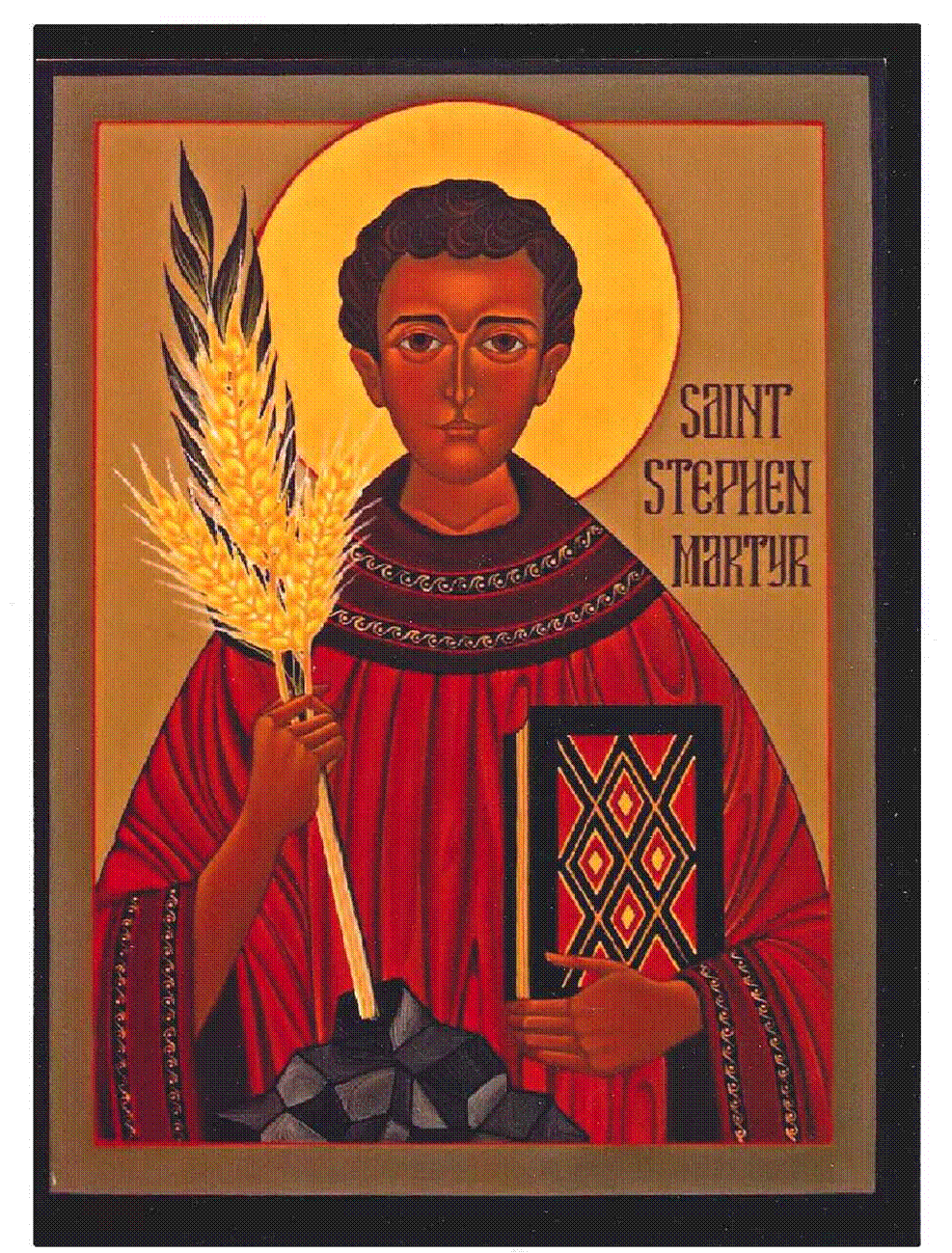Religious, Not Spiritual
- Jan 31, 2018
- 3 min read

I'm religious not spiritual.
I know that's not the way it's usually said.
Modern spirituality frequently means looking inward to find peace and personal empowerment. It’s geared toward a higher spirit, but isn’t always connected with organized religion.
I've met people who strike me as both religious and spiritual. They see God in everything. They quote Bible verses for everything. They talk with great enthusiasm about what God has done in their lives. They talk about sitting still in God’s presence and feeling renewed.
I just can't do it.
I don't talk in God talk. I have problems specifically identifying God as the source of good (or bad) things that happen in my life. While I’m sure there are Bible verses for everything, I’m cynical enough to know that there is no one absolute interpretation of what those verses mean, so it’s not a very helpful exercise. Sitting still in God’s presence is an invitation to a nap.
I’ve tried to be spiritual. I've taken workshops in Benedictine practices. I’ve read books. But for some reason none of it works for me.
However, I do church really well. I love going to church services. I love worshiping at St Stephen's, and I love worshiping with hundreds of people at Synod Assembly. I love church music, I love a good sermon, I love communion.
I suppose all those things affect me spiritually in some way, I just don't think of it as being spiritual.
I will admit to sometimes feeling like a little bit of a fraud at church gatherings. Or, at least I did. I had the privilege of attending the ELCA Churchwide assembly in 2014. In the lunch line several of us were having a conversation, and I mentioned that I'm religious but not spiritual. To my surprise, there was a chorus of people around me who said, "me too."
So at least I know I’m not alone.
I know it’s all a matter of semantics. Spirituality is a very hard word to define, which is why I have problems identifying as spiritual.
In council we’ve been reading a book Facing Decline, Finding Hope: New Possibilities for Faithful Churches.
The final chapter talks about the sacred heart. The literal definition of sacred heart is the “physical heart of Jesus, to which special devotion is offered as a symbol of His love and redemptive sacrifice.”
The book quotes Ron Heifetz:
A sacred heart means you may feel tortured and betrayed, powerless and hopeless, and yet stay open. It’s the capacity to encompass the entire range of your human experience without hardening or closing yourself. It means that even in the midst of disappointment and defeat, you remain connected to people and to the sources of your most profound purposes.
Becoming this kind of person is our spiritual journey.
I see St. Stephen’s on this journey, connecting with people and our purpose.
There is Team Dottie, there are those who serve meals at EDR, there are those who serve food at the Food Pantry, there are those who participate in the Peace Week march, there are those who sit next to a visitor at worship. These are just a few of the ways that we connect with people and our purpose. Individually you can all add more the list. And as St. Stephen’s continues to be “counted in” and growing in its community involvement, we add more to the list.
I may never consider myself spiritual, but I can enjoy the spiritual journey together with all of you.
- Ann Warner
































Comments